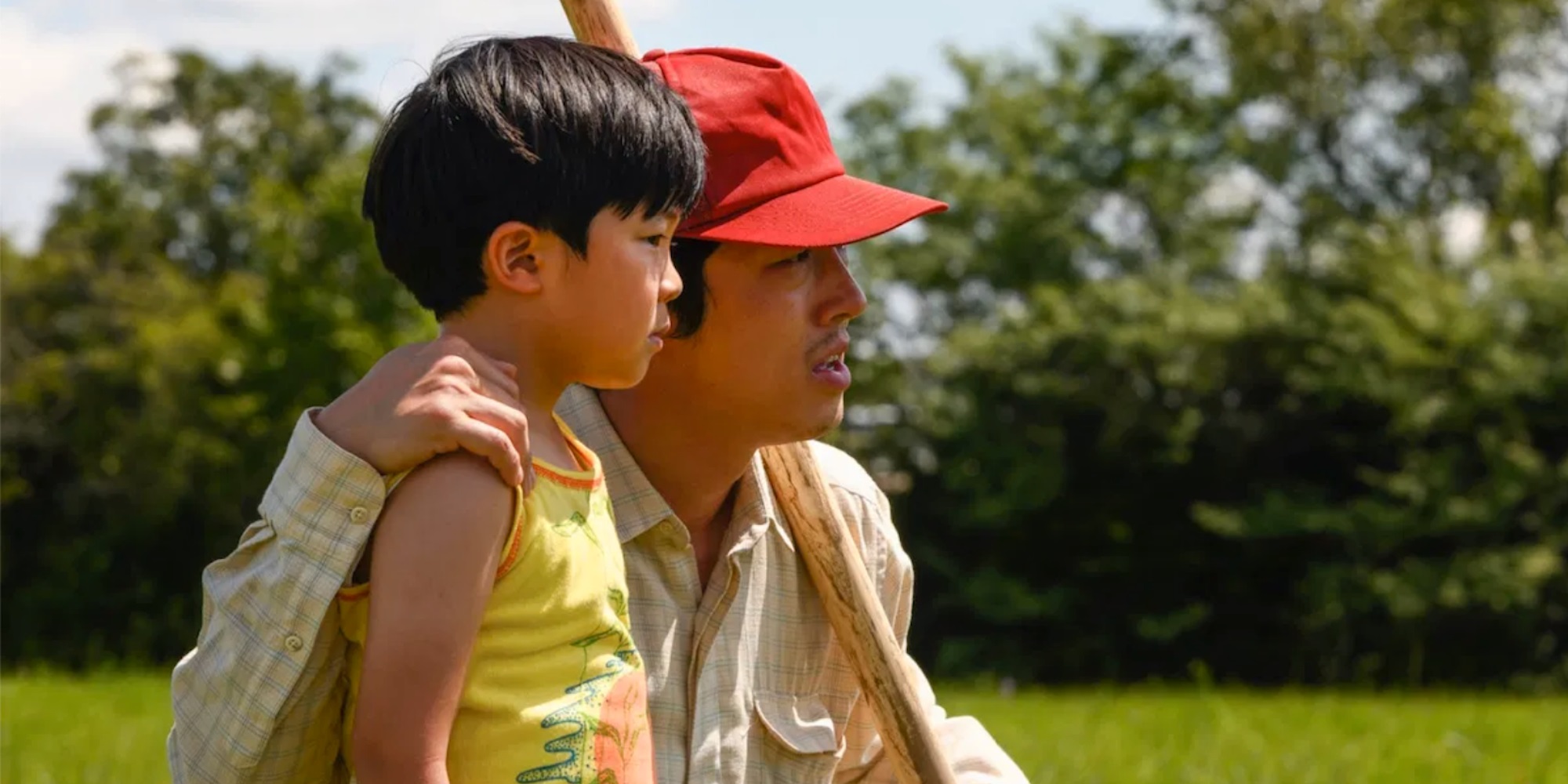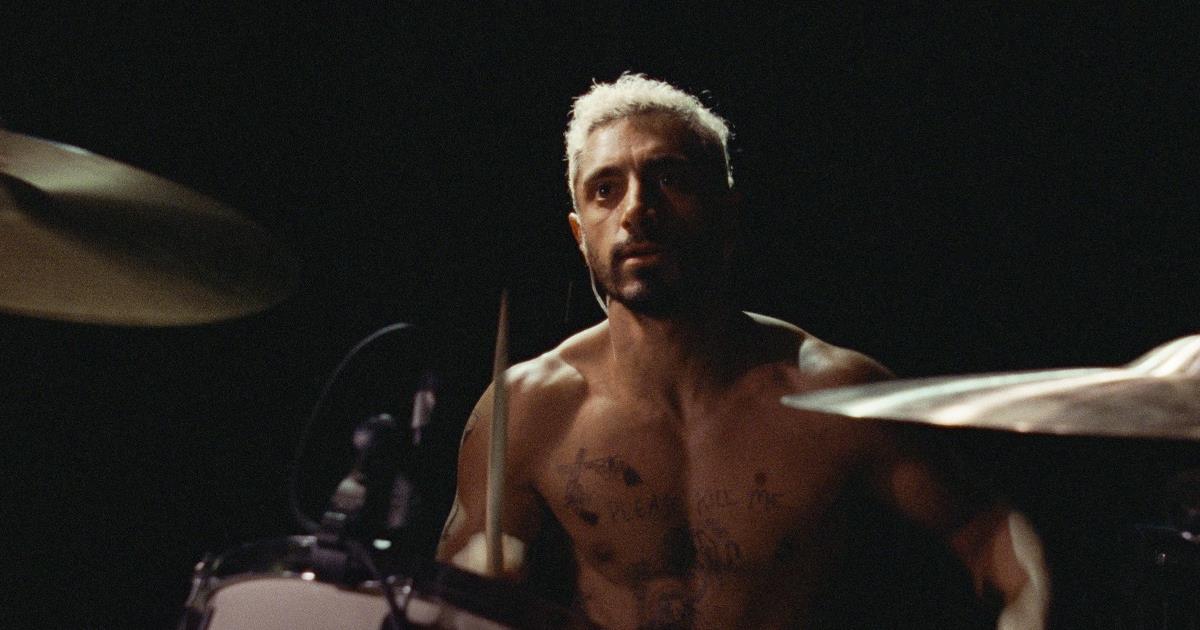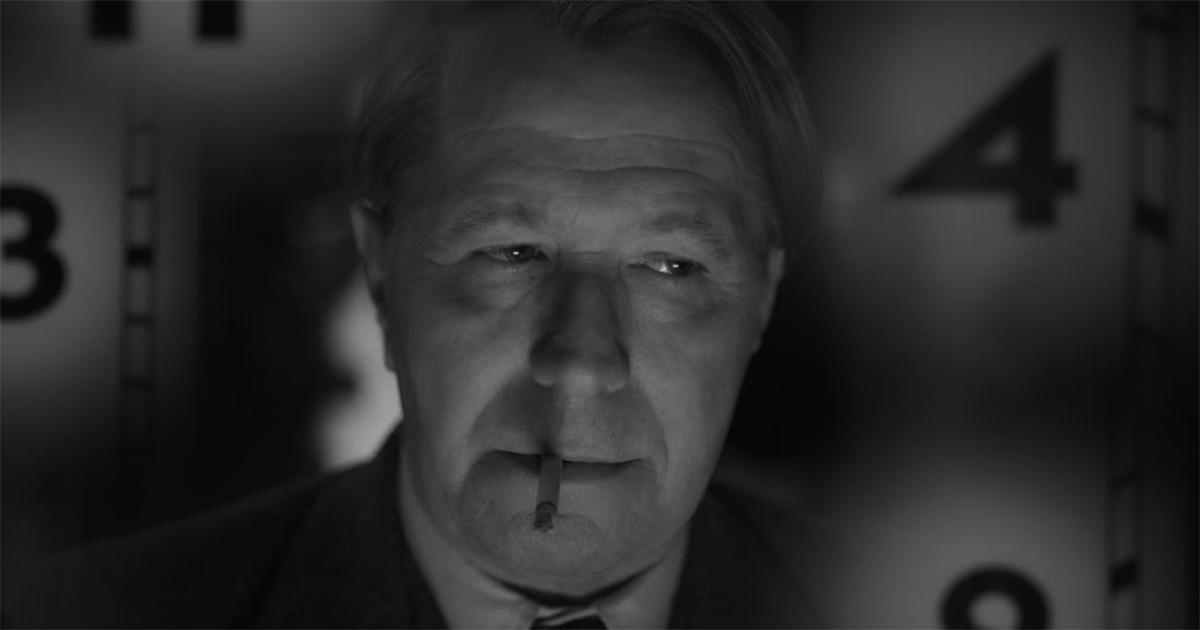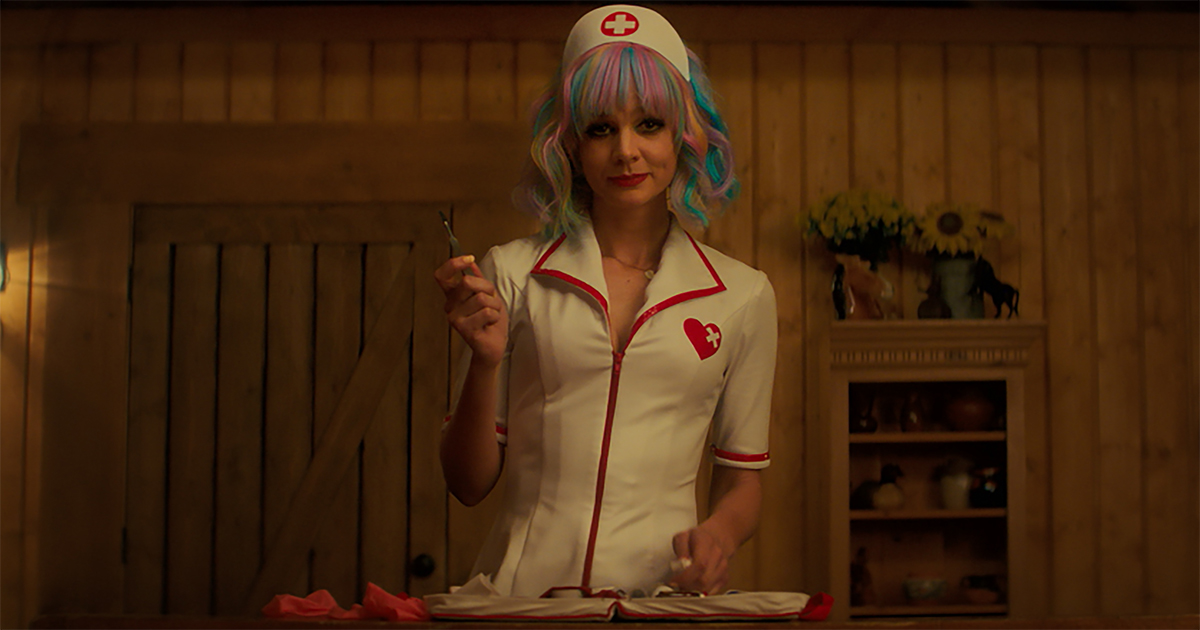Discussing Minari, a tender and sweeping story based on Korean-American director Lee Isaac Chung’s childhood in rural Arkansas, IndieWire’s David Ehlrich praised the film as “an immensely moving immigrant story,” writing, “Lee Isaac Chung’s fourth feature is a gentle, sweet, and yet staggeringly powerful story of assimilating into the American Dream… Told with the rugged tenderness of a Flannery O’Connor novel but aptly named for a resilient Korean herb that can grow wherever it’s planted, it’s a raw and vividly remembered story of two simultaneous assimilations; it’s the story of a family assimilating into a country, but also the story of a man assimilating into his family.”
Film critic Matt Zoller Seitz, in his review for RogerEbert.com, writes, “Lee Isaac Chung’s Minari casts a spell from its opening moments, a Terrence Malick-like evocation of human beings trying to stay in harmony with the natural world. As a family car travels through a green American landscape, the earth itself seems to be speaking to the characters, and through them, to us.”
The movie, which stars Steven Yeun from The Walking Dead and Burning, was shot by cinematographer Lachlan Milne and edited by Harry Yoon, ACE. Yoon was an additional editor on First Man and The Last Black Man in San Francisco. He also co-edited the movie Detroit with William Goldenberg, ACE, and edited The Best of Enemies along with episodes of Euphoria and The Newsroom.
“I think the reason that I love this process so much is that I’m the first person that gets to see a scene as it’s being created,” Yoon comments about his work in an interview with Nic Cha Kim for Spectrum News 1. “That brings me back to when I was a kid sitting at my local multiplex watching movies and just being so transported. It just excites me every time that I cut a scene, is I get to be that kid again.”
Yoon discusses his collaboration with Chung on Minari in an interview with Steve Hullfish for the Art of the Cut Podcast. “I was so impressed from day one,” Yoon says. “You felt like the amount of attention and desire to elevate the material coming from Isaac and Lachlan’s shot design. There was a real confidence there, and I think part of it comes from the fact that this is Isaac’s fourth or fifth feature film that he’s done.
“There isn’t that unnecessary experimentation. There isn’t that: ‘Oh I have to get this safety angle,’ et cetera. There was a real confidence that I saw in the dailies which was great.
“You dream about those people that you just have that creative and personality compatibility with. I feel really blessed that I was able to meet Isaac and hopefully we’ll be able to collaborate together on his future films.”
Minari editor Harry Yoon
“I was sending [Isaac] scenes pretty much at the end of every week,” Yoon tells Hullfish. “Pretty much I was always up to camera but maybe not every scene that they shot by Friday but sending him enough scenes to give him a sense of where he was — not just in terms of planning but I think emotionally it was important for him to feel like ‘OK, we’ve got a film. The performances are as genuine as I feel that they are. There is a chemistry that’s happening in the family that we see on set but it’s translating to the screen.’”
“I couldn’t believe that they were doing it with the time that they had and the budget that they had. It just really excited me,” Yoon continues. “They’re really bringing their A-game. It inspires you to work that much harder to honor that effort that production is doing.”
Listen to the full interview with Yoon in the player below:
You can can also read the full transcript of the interview here.
Want more? Watch the video below with Yoon and assistant editor Irene Chun as they discuss their editorial process for Minari at Sundance 2020:





